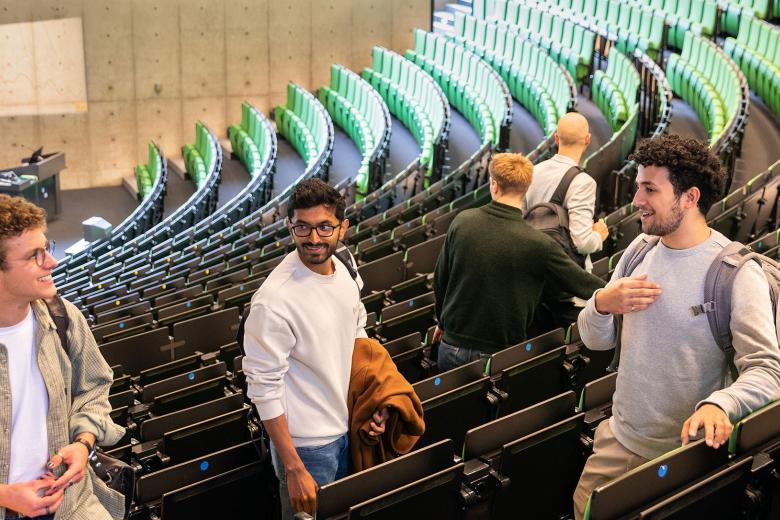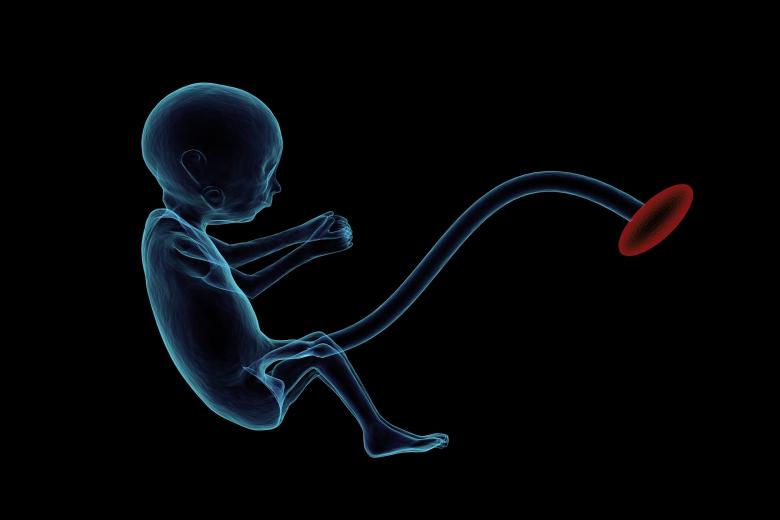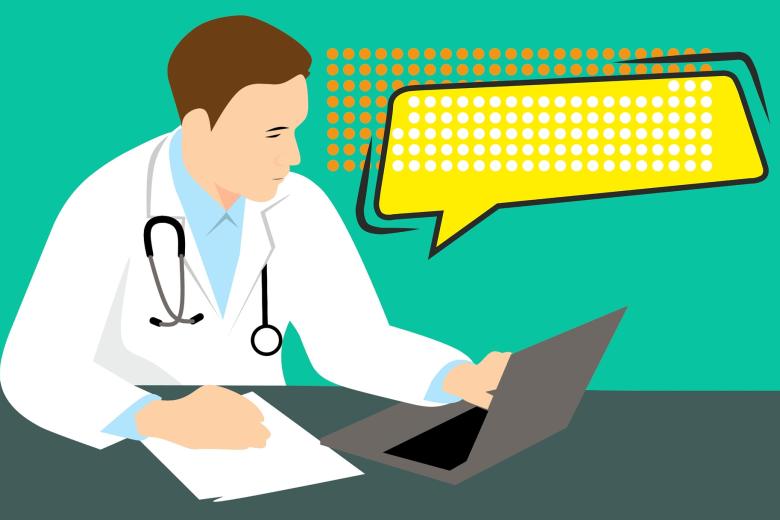
Latest blog articles
-

-
The art of claim drafting when protecting AI systems
With AI’s recent breakthrough in machine learning, now more than ever inventors are looking for ways to protect AI systems. But obtaining patent protection depends on the right claims.

-
Human embryos; a collapsing market?
When compared to other countries, European researchers in the field of human embryonic stem cells maybe at a disadvantage. Because of the morality clause in the European Patent Convention, the EPO does not grant patents on human embryonic stem cell research.

-
Can copyright be extended eternally?
A new copyright reform (Music Modernization Act) was passed in the US Senate in 2018, comprising reforms on the term of protection for works played through online digital music services such as Spotify, Apple Music and Pandora. However, can copyright keep on being repeatedly extended? Is this...

-
Seven months until Appellate Body apocalypse: time to prepare for the worst case
Now is high time to prepare for life without the Appellate Body—hopefully it will only be temporary, argued Maastricht doctoral researcher Jens Hillebrand Pohl at a guest lecture he gave at Nagoya University, Japan, on 23 April 2019.

-
Patent aggregation, innovation, and competition law: setting the stage
Electronics companies increasingly engage in patent aggregation, that is to accrue patents without using them for manufacturing purposes. So far, it is unclear whether such behaviour has negative effects on innovation. If it did, could EU competition law remedy it?

-
The timeline of e-personhood: a hasty assumption or a realistic challenge?
E-personhood is a term proposed in a draft report by the EU Parliament, about civil rules and laws on Robotics. This legal status aims at ensuring rights and responsibilities for the most capable AI agents. An intense debate about its usefulness is taking place in the EU.

-
How can a formal IP/legal training for scientists improve the overall quality of patent applications?
The quality of a granted patent is dependent on the quality of the patent application. For the companies where scientists write their own patents, IP legal training for scientists can help improving their patent drafting skills.

-
The fashion industry: worth the IP?
The fashion industry needs strong IPRs for its development, however, a lot of divergences are found between the strategy imposed in this sector and the way the IP system is drafted, which often fails to benefit small companies.

-
Who owns the data in healthcare? Should users be paid?
The advancement of big data may lead to a revolution in the health sector by enabling the personalization of medicine. However, there are still uncertainties regarding the ownership of the data available, and also whether users should be entitled to compensation for the utilisation of their data.
